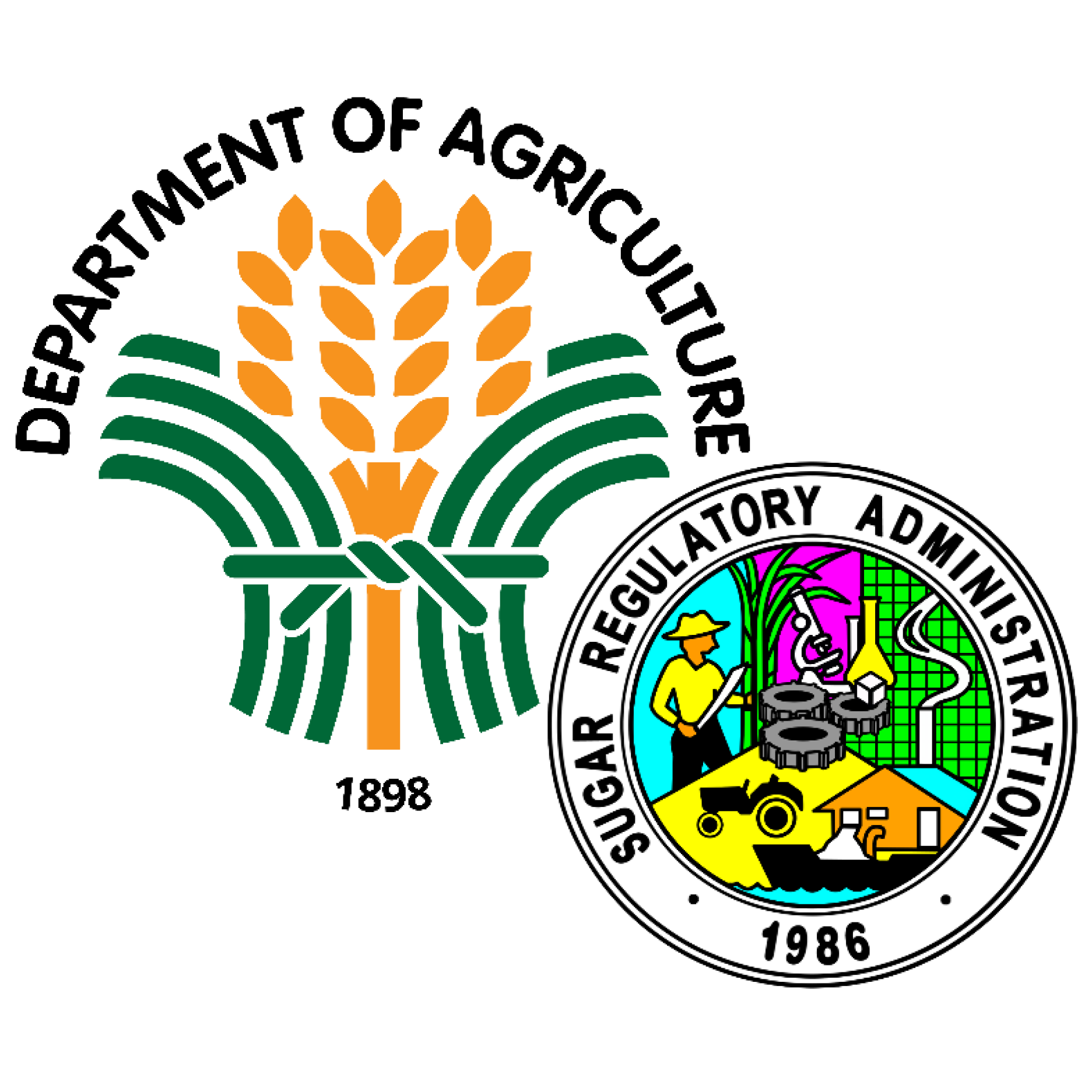
Today: Monday, May 13, 2024
Republic of the Philippines
Department of Agriculture
Sugar Regulatory Administration
Sugar Center Bldg., North Avenue, Diliman, Quezon City

Sugar Center Bldg., North Avenue, Diliman, Quezon City